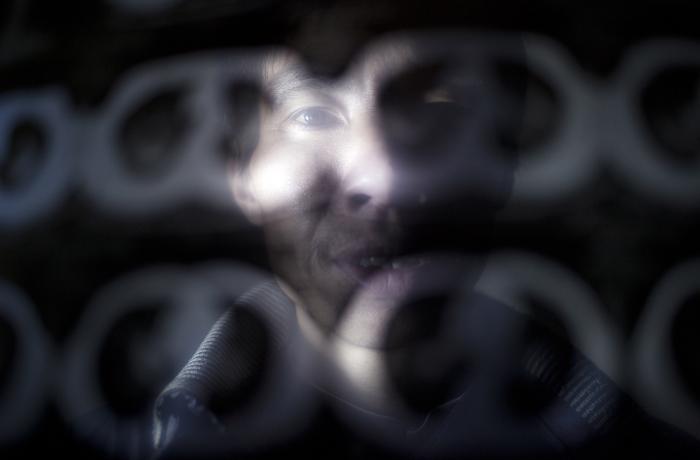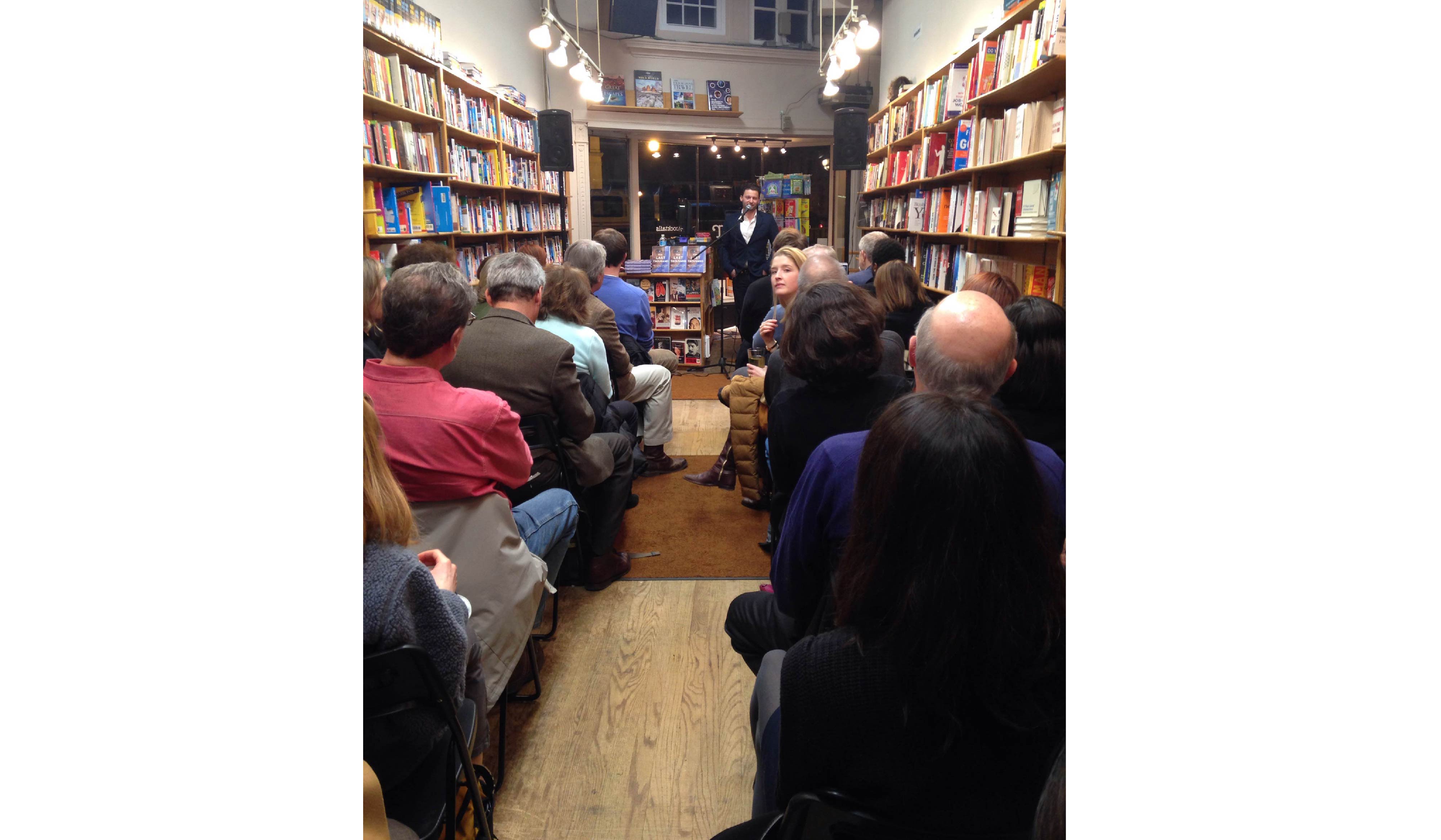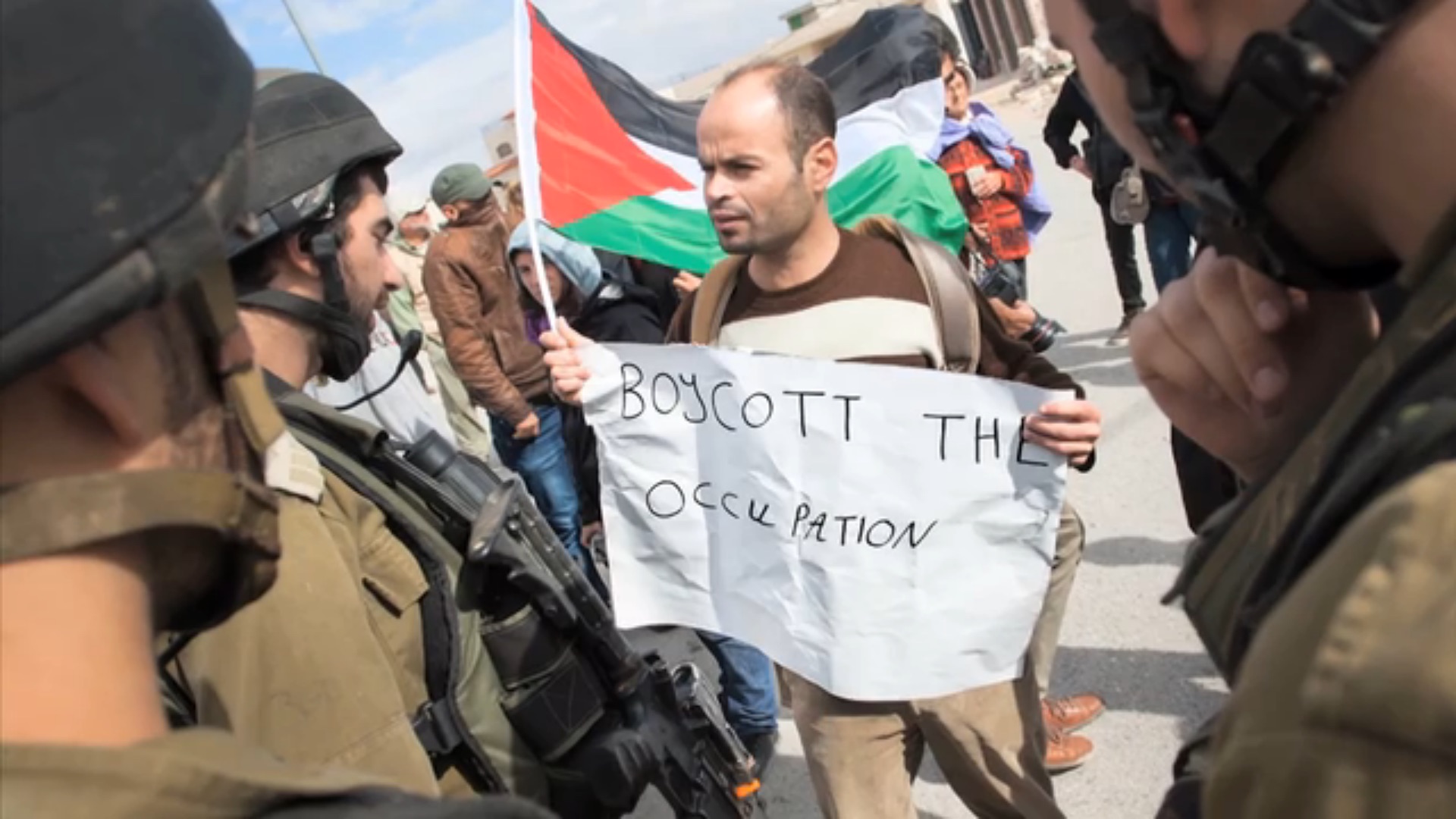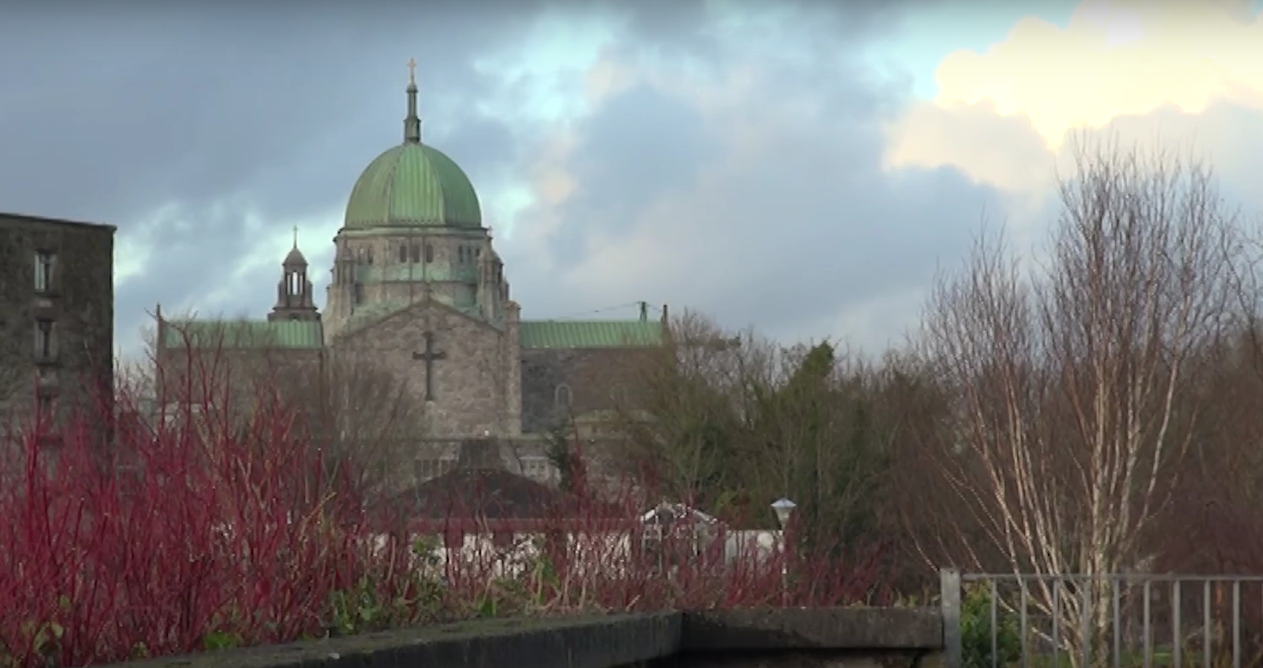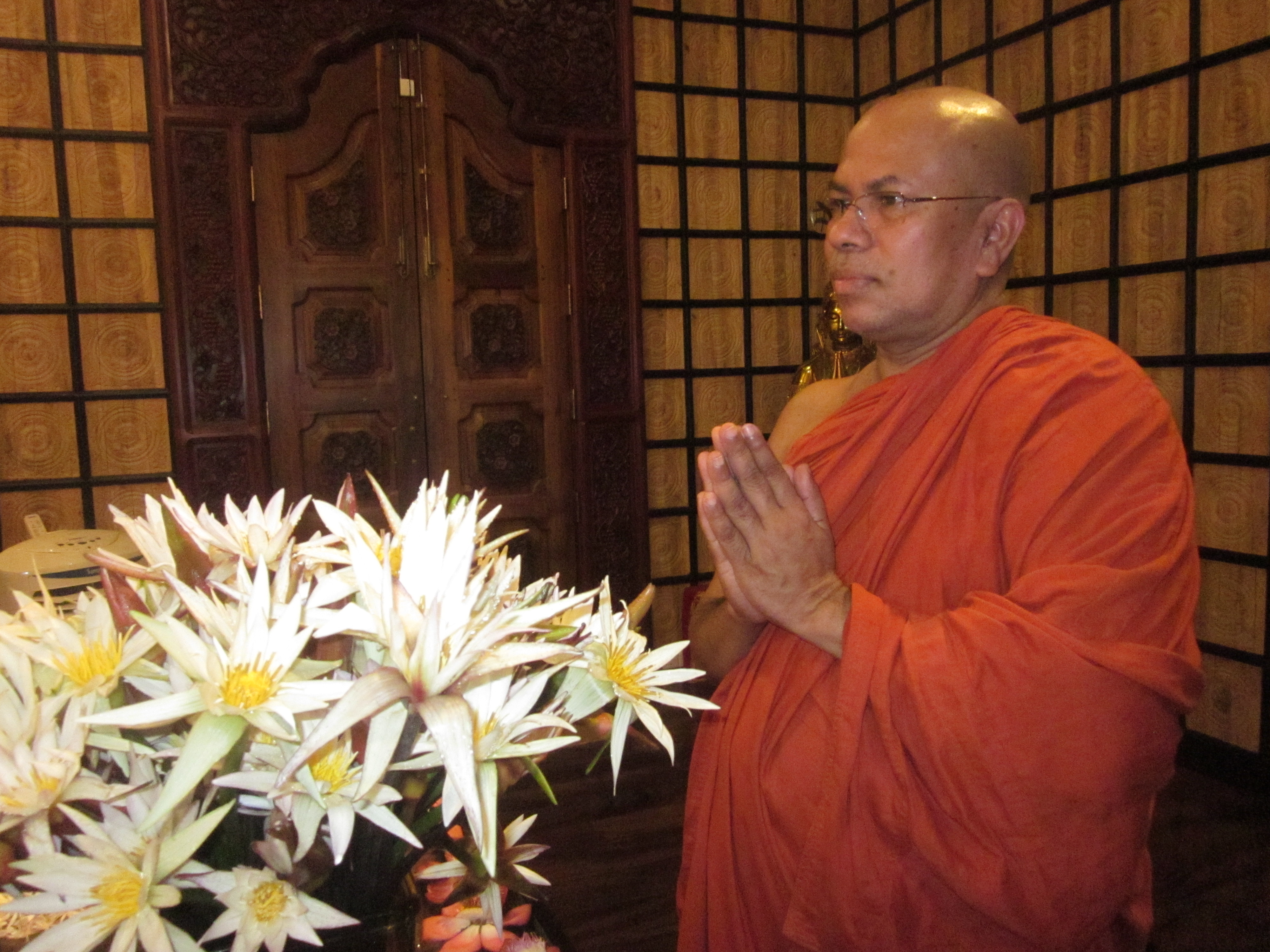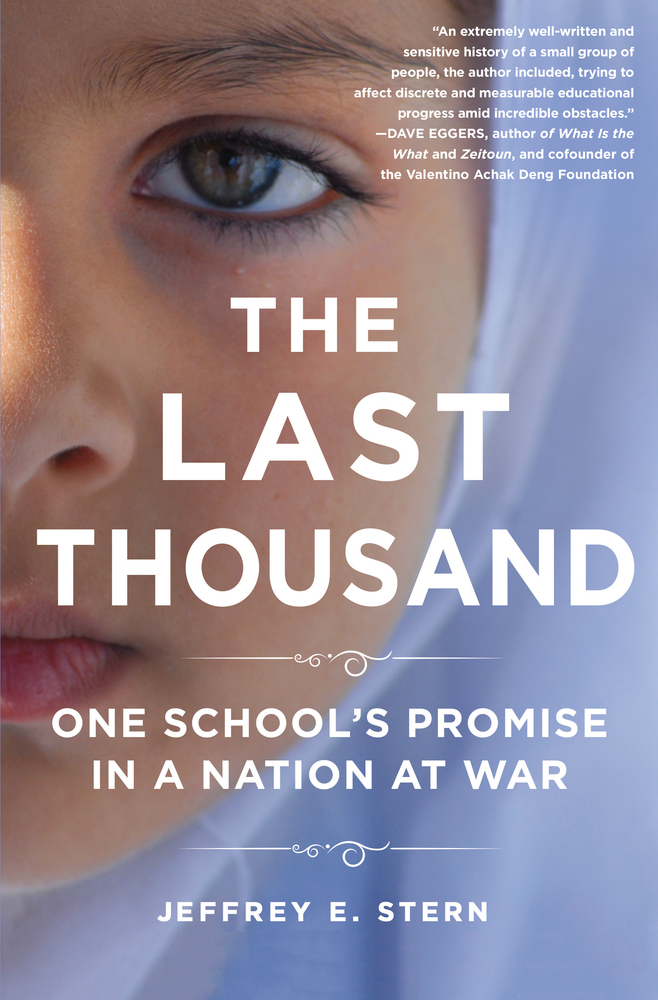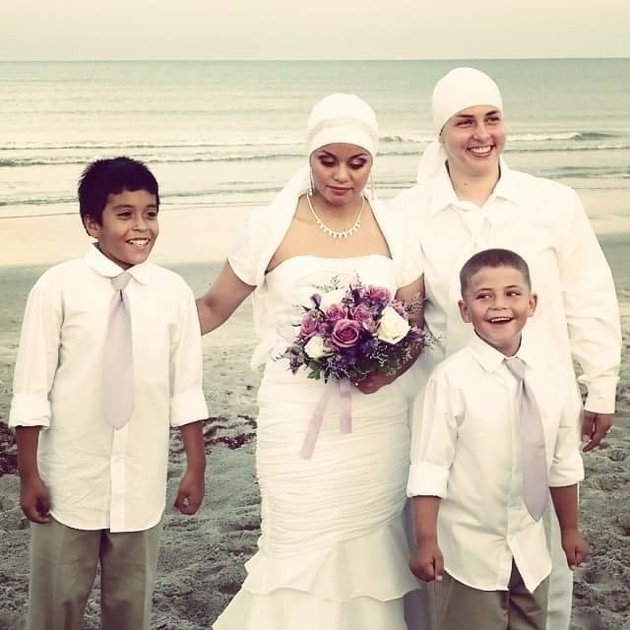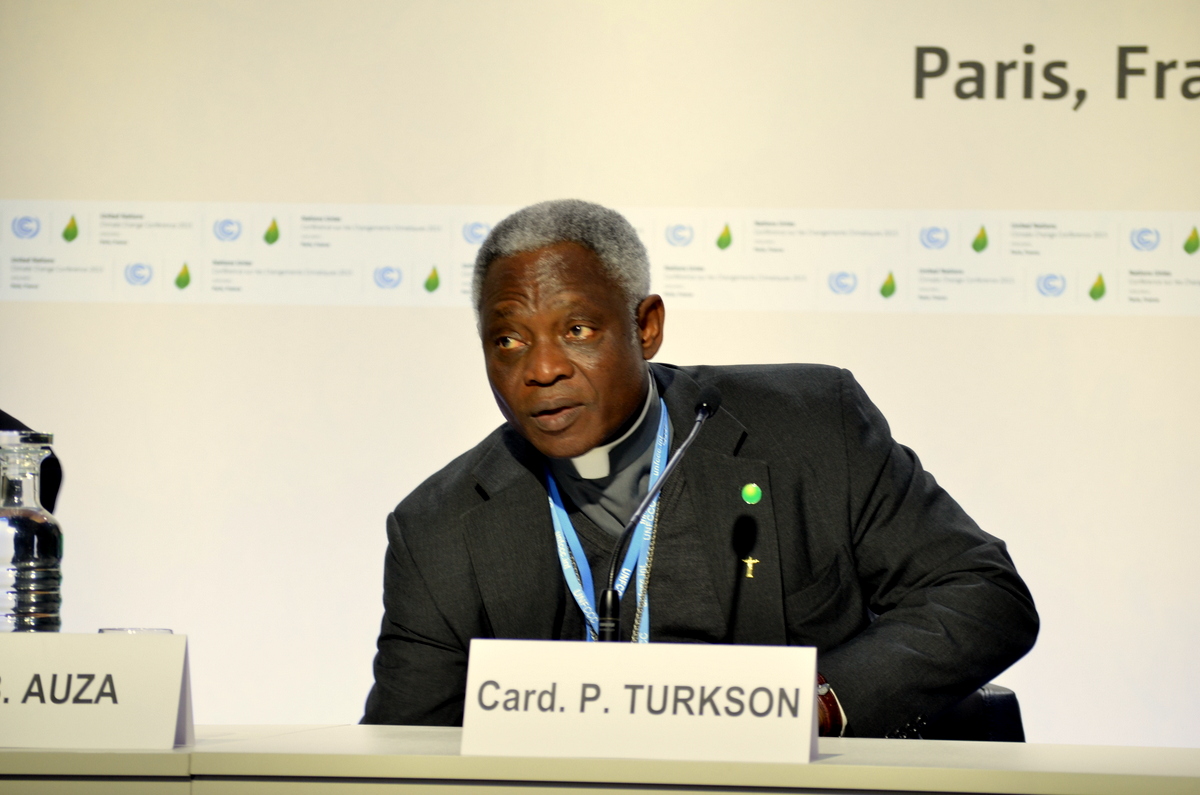Religion
Religion serves as the social bedrock of many communities around the globe, while also acting as a source of division and conflict. Pulitzer Center stories tagged with “Religion” feature reporting on faith, its effects on people’s lives, and the role it plays in civil society. Use the Pulitzer Center Lesson Builder to find and create lesson plans on religion.
-

Pulitzer Center Update
Pierre Kattar, Sim Chi Yin Win White House News Photographers Association Awards
"After Nepal Quakes, Worries in the Water" and "Dying to Breathe" win awards in 2016 multimedia...
February 22, 2016 -

Pulitzer Center Update
Jeffrey Stern's 'The Last Thousand' Attracts 'New York Times' Attention
Review says Pulitzer Center grantee has gift for explaining confusing regional geopolitics with...
February 18, 2016 -

Project
Boycott, Divest, Sanctions
On college campuses and in religious institutions across the country, there is renewed focus on...
-

What was once a land of the faithful is now a country seen as by many as celebrating modernization...
-

Education Resource
Meet the Journalist: Ross Velton on "Cornea Donation in Sri Lanka"
Sri Lanka: a place famous for its fine tea… and now, its eyes. While many countries struggle to find...
-

Pulitzer Center Update
Jeffrey Stern and "The Last Thousand"
Jeffrey Stern, former Pulitzer Center grantee, publishes his first book about an Afghanistan...
January 22, 2016 -

Pulitzer Center Update
Same Sex Marriage and the Global Muslim Community
Daniel Pearl fellow Arooj Zahra publishes article on sensitive topic—gay marriage in the Muslim...
January 13, 2016
